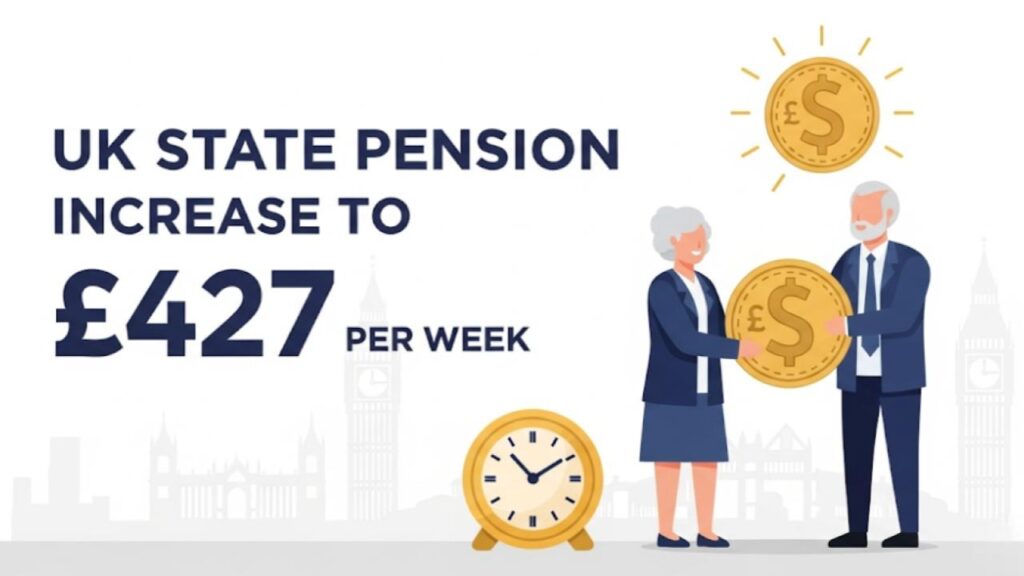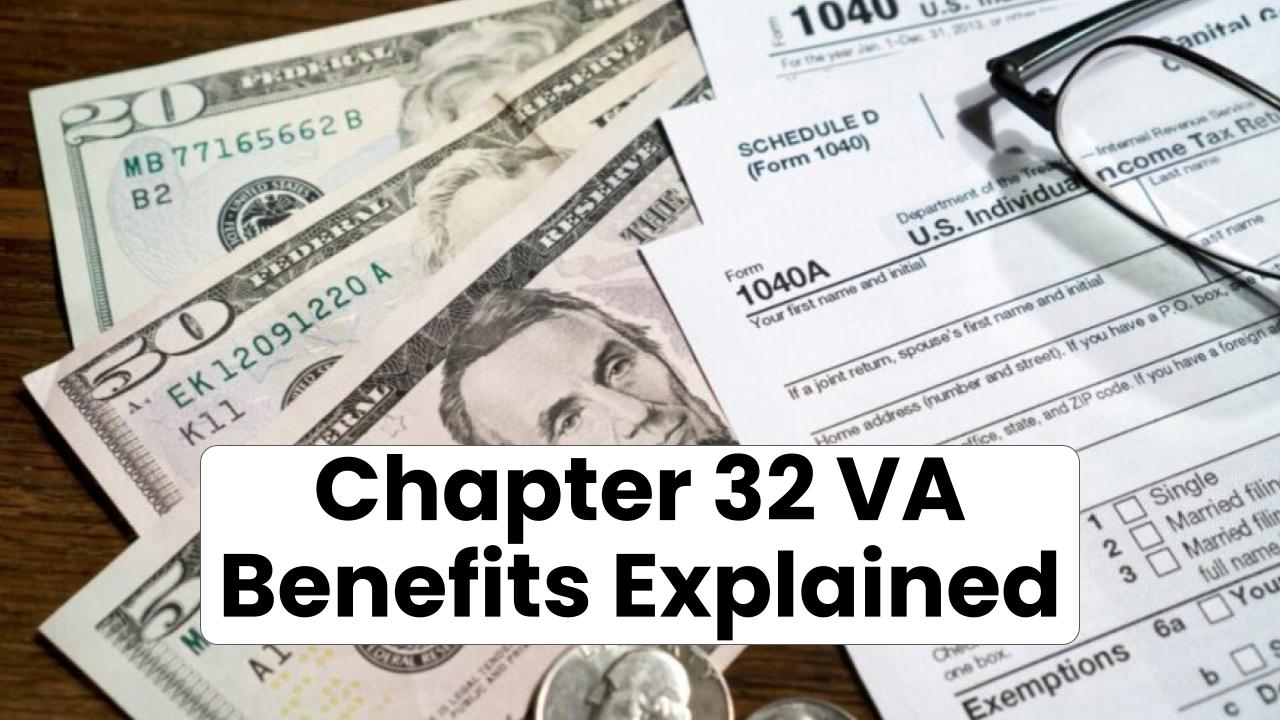Push to Raise UK State Pension to £427/Week — Let’s keep it real—£427/week isn’t happening anytime soon. The current max pension is £230.25/week (new system). But that doesn’t mean retirees are out of options. From deferrals and top-ups to Pension Credit and private savings, there are real steps seniors and professionals can take today.

Push to Raise UK State Pension to £427/Week
| Key Highlights | Data & Stats | Professional Implications |
|---|---|---|
| Full New State Pension (2025–26) | £230.25/week (£≈11,973/year) | Professionals advising retirees need to use realistic numbers. |
| Full Basic State Pension (old scheme) | £176.45/week (£≈9,175/year) | Different advice applies depending on client’s age and NI record. |
| Annual uplift via Triple Lock | 4.1% increase from April 2025 | Useful for cash-flow planning and forecasts. |
| State Pension Age | 66 now → rising to 67 by 2028; possibly 68 by 2046 | Retirement timelines and budgeting must reflect this phased shift. |
| Government action | Pensions Commission relaunched July 2025 | Policy shifts may affect long-term planning strategies. |
| Official resource | GOV.UK | Trusted reference for forecasts and NI checks. |
The revived Pensions Commission may spark bigger changes down the line, but right now, smart planning is the name of the game. Help yourself—or your clients—by acting on what we can control.
Understanding the Pension Landscape
What’s the Deal with £427/Week?
This number comes from online petitions urging the state pension to double—from £11,973/year to about £22,000/year (≈£427/week). While well-meaning, no official government plan supports such a hike yet.
What Is the Current Rate?
- New State Pension: £230.25/week
- Old Basic State Pension: £176.45/week
Actual payments depend on your National Insurance (NI) record.
How Does the Triple Lock Work?
Each April, pensions rise based on:
- Inflation (CPI),
- Average wage growth,
- Or 2.5% (whichever is highest).
For 2025, that meant a 4.1% increase—not bad, but far from doubling.
Why the Call for £427/Week?
This push reflects frustration. Living costs are soaring, and many pensioners feel like they’re being left behind. Campaigners want parity with full-time minimum wage earnings—around £22,000/year.
But doubling pensions? That would cost the government billions more annually, which makes it unlikely without major tax increases or spending cuts elsewhere.
Expert Insights & Practical Advice
Steps to Bridge the Gap (Without Waiting for Parliament)
- Check Your National Insurance Record
Log in to GOV.UK to see if you’ve got 35 qualifying years for a full pension. - Defer Your Pension
Waiting even one year can boost your pension by around 5.8%. That adds up! - Apply for Pension Credit
Often overlooked, it can add around £75/week. You can check eligibility here. - Top Up Your NI Contributions
If you’ve got gaps, voluntary NI payments can be worth the cost.
What Professionals Should Know
- Be realistic in forecasts: Use current figures for planning.
- Stay on top of reforms: The 2025 relaunch of the Pensions Commission could reshape things in 2026 and beyond.
- Tailor advice: Not all retirees are under the new system. Pre-2016 retirees follow a different set of rules.
Step-by-Step Guide: How Seniors & Advisors Can Take Action
Step 1: Know Your Pension Type and Record
Go to the official GOV.UK and check:
- Your expected pension amount,
- How many qualifying years you’ve got,
- Whether you fall under the old or new scheme.
Step 2: Calculate Your Retirement Income
Add together:
- State pension income,
- Any private or workplace pensions,
- Potential Pension Credit or savings income.
Step 3: Top It Up
- Defer your claim if you’re able.
- Buy NI years to maximize your payout.
- Use tools like Lifetime ISAs, workplace pensions, or annuities to fill income gaps.
Step 4: Monitor Policy Changes
The newly revived Pensions Commission is studying long-term solutions. Watch for announcements that might affect:
- Retirement age,
- Eligibility,
- Or how the triple lock is funded.
FAQs
Q1: Will pensions really rise to £427/week?
Not in the near future. That number is double what the government currently offers, and there’s no confirmed policy change aiming for that.
Q2: What is the current full state pension?
£230.25/week under the new system. £176.45/week under the old system.
Q3: Can I increase my pension amount?
Yes. Defer claiming, top up your NI, and check for Pension Credit eligibility.
Q4: Is the pension age changing?
Yes. It will rise from 66 to 67 by 2028 and potentially to 68 or even higher in the coming decades.
Q5: What’s the Triple Lock?
It ensures pensions rise yearly by the highest of inflation, wage growth, or 2.5%.








